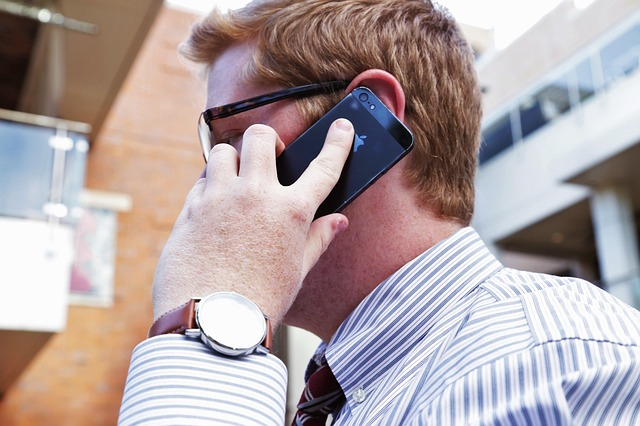Are you among those users who are tired of receiving annoying scammy phone calls that convey a pre-recorded message and often urge you to do something? Until now, the only way to get rid of them was to hang up the phone. However, now there might finally be a way to get back at them.
Users can finally exact revenge on robocallers and companies who torment them with endless phone calls that try to sell them stuff or ask them for information thanks to a new service called Robo Revenge that lets you sue the unwanted caller and claim up to $3,000 per call.
Robo Revenge

The service has been made available by DoNotPay, a robot lawyer app that allows users to do things like appeal parking tickets, cancel services or subscriptions, and perform other tasks like scheduling appointments at government offices, among other things.
"Consumers have to protect themselves," DoNotPay's founder and CEO Joshua Browder told Motherboard. "The only way the problem will end is if the robocallers start losing money every time they call someone." The service is now available for consumers on DoNotPay's website and app.
How does it work?
This is how the Robo Revenge service works. First, it automatically registers you on the Do Not Call list, which is managed by the Federal Trade Commission that aims to prevent consumers from receiving unwanted sales calls. Then, it gives you a virtual DoNotPay burner credit card (issued in the company's name) to provide when you receive robocalls.
The service then uses this transaction information to obtain the robocaller's contact details and then guides you through the process of suing them. One can claim up to $3,000 from the robocaller under the Telephone Consumer Protection Act, a law that protects consumers who have opted not to be disturbed endlessly and are registered on the Do Not Call list. Robo Revenge automatically generates demand letters and court documents to help users with their claim.
It's important to point out that this won't keep all spammers away though. Robo Revenge can only help with domestic robocallers, which means you won't be able to sue international callers, notes Browder, as it is difficult to trace companies abroad. This new service comes at a time when Robocalls have hit an all-time high in the United States, as previously reported. The growing numbers also urged President Donald Trump to approve the anti-robocall bill that penalizes robocallers.









